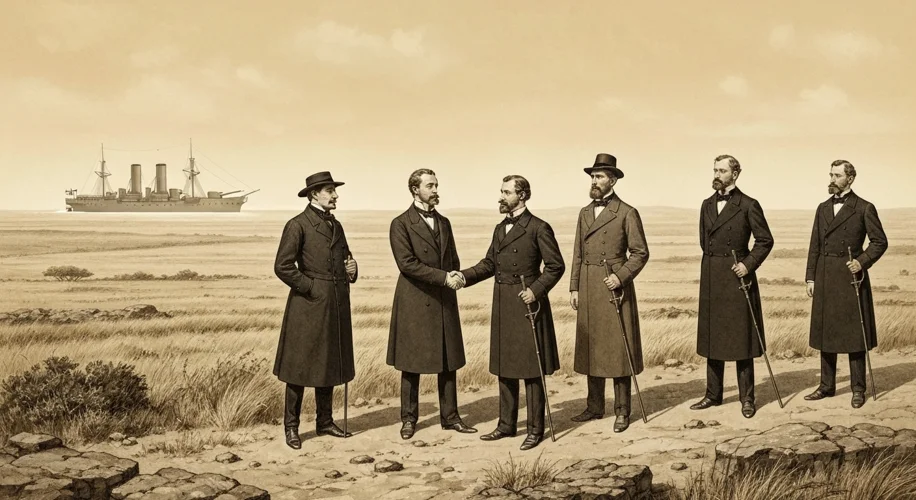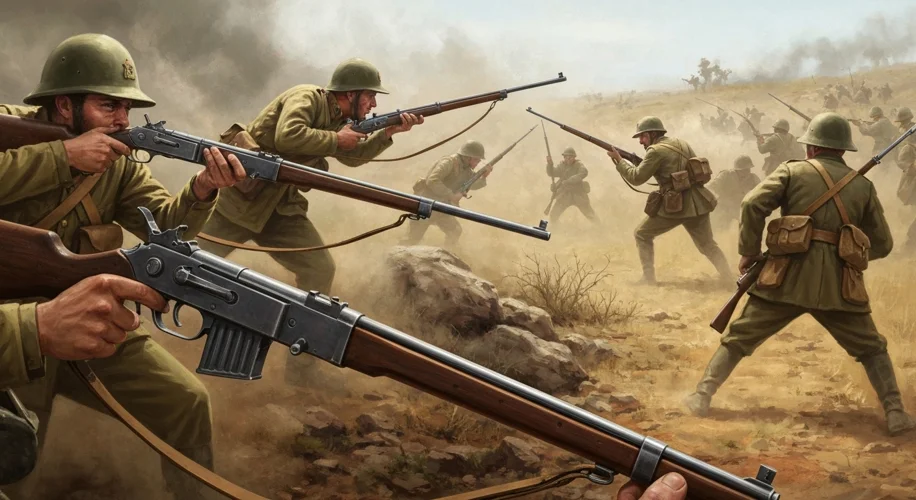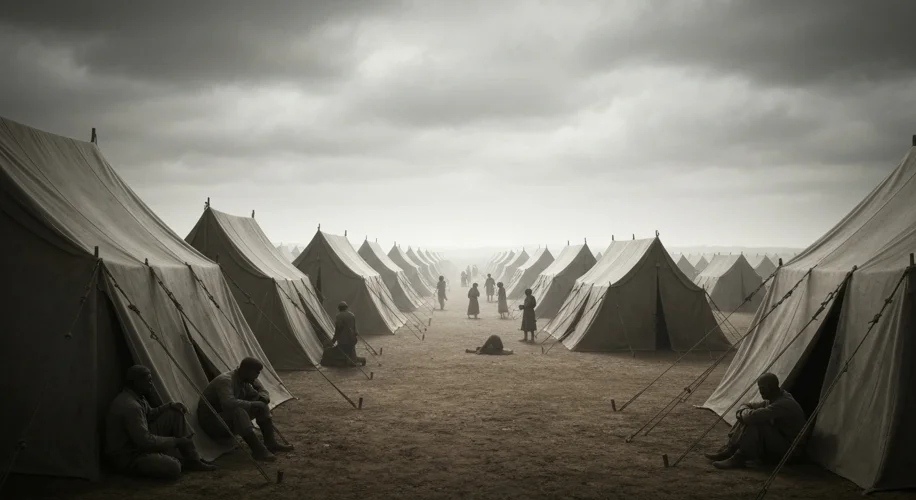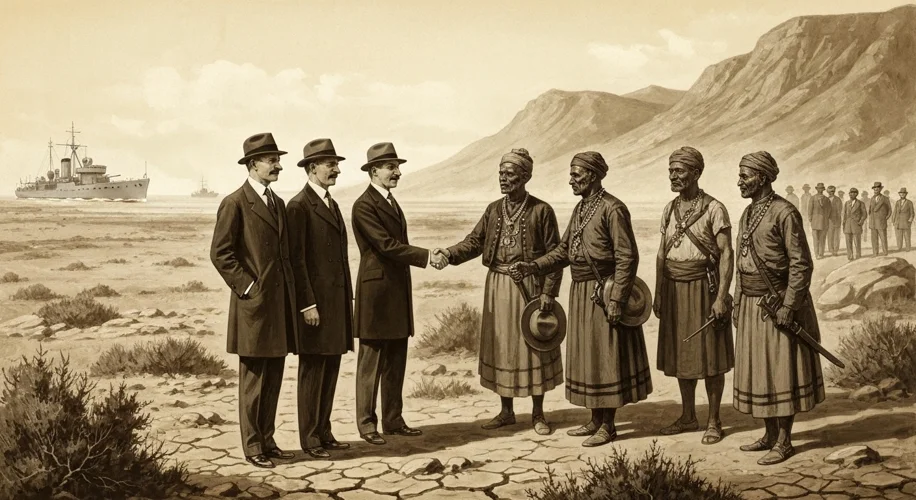The late 19th century was a fever pitch of imperial ambition. Nations across Europe jostled for dominance, carving up continents and forging alliances with a steely gaze fixed on global power. Amidst this geopolitical drama, a peculiar and potent connection began to form between the mighty German Empire and two small, landlocked republics in southern Africa: the South African Republic (Transvaal) and the Orange Free State, collectively known as the Boer Republics.
To understand this unlikely alliance, we must first cast our minds back to the burgeoning German Empire under Kaiser Wilhelm II. Freshly unified in 1871, Germany was eager to assert its place on the world stage, challenging the established naval and colonial might of Great Britain. South Africa, with its rich mineral wealth, particularly diamonds and gold, represented a tantalizing prize. For Germany, gaining influence in the region could serve as a strategic wedge, disrupting British imperial ambitions and potentially providing a valuable coaling station for its growing navy.

The Boer Republics, meanwhile, were fiercely independent. Descended from Dutch settlers who had arrived in the Cape Colony in the 17th century, the Boers (meaning ‘farmers’ in Dutch) had trekked inland in the Great Trek of the 1830s to escape British rule. They had established their own republics, cherishing their Calvinist faith, unique language (Afrikaans), and a deep-seated desire for self-governance. Their primary concern was the ever-increasing encroachment of the British Empire, particularly after the discovery of diamonds at Kimberley in 1870 and gold on the Witwatersrand in 1886. These discoveries dramatically heightened British interest in the region, leading to increased diplomatic pressure and military presence.
Here, German interests and Boer fears converged. German Chancellor Otto von Bismarck, initially cautious about colonial ventures, began to see the strategic advantages of supporting the Boers. A strong Boer state could act as a buffer against British expansionism. Furthermore, Germany had a historical and cultural affinity with the Dutch, dating back centuries. The Kaiser himself, Wilhelm II, harbored a particular anti-British sentiment and saw an opportunity to cultivate a relationship that could undermine British prestige. The famous Kruger Telegram of 1896, sent by Wilhelm II to congratulate Boer President Paul Kruger on repelling a British-backed raid (the Jameson Raid), was a clear signal of German support, though it also irrevocably worsened relations with Britain.
This support wasn’t purely rhetorical. Germany provided the Boer Republics with crucial military supplies, including modern Mauser rifles and artillery. German military advisors also offered training and strategic advice. This infusion of German military aid bolstered the Boers’ confidence and their ability to resist British demands. The German government also sought to establish economic ties, encouraging German investment in the Transvaal’s burgeoning mining industry, aiming to dilute British economic dominance.
The Second Boer War (1899-1902) would ultimately become the crucible for this burgeoning alliance. While Germany did not directly intervene militarily – a decision driven by the realization that such a move would likely provoke a wider European conflict and a naval blockade by the Royal Navy – its diplomatic and material support was significant. The war was a brutal and protracted affair, pitting the resourceful Boer commandos against the might of the British Empire. The Boers, armed with superior knowledge of the terrain and formidable fighting skills, inflicted heavy casualties on the British in the early stages of the conflict.

The consequences of this German-Boer alignment were profound. For the Boer Republics, German support offered a crucial lifeline and a potent symbol that they were not entirely alone against the British behemoth. However, it also contributed to the perception, particularly in Britain, that the Boers were being instigated by a hostile foreign power, fueling British resolve to conquer the republics. The war, which ended in British victory and the absorption of the Boer Republics into the Union of South Africa, was a costly one for all involved, leading to widespread devastation and significant loss of life, especially among the Boer civilian population, who suffered in British concentration camps.
For Germany, the alliance was a calculated gamble. While it successfully embarrassed Britain and demonstrated Germany’s growing assertiveness on the international stage, it also solidified British suspicion and hostility. The increased naval arms race between Britain and Germany, a direct consequence of this period of tension, would become a major contributing factor to the outbreak of World War I just over a decade later. The German-Boer alliance, born out of shared opposition to British imperial power, ultimately became another thread in the complex tapestry of escalating European rivalries that would plunge the continent into a devastating global conflict.


